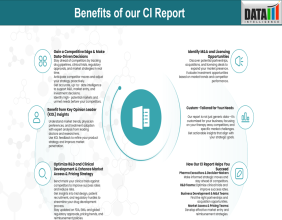Highlights
- IntegraFin Holdings plc (IHP) stock declines by 12.7% in mid-day trading.
- Trading volume surges by 318%, with 1.86 million shares changing hands.
- Company declares increased dividend despite stock price decline.
IntegraFin Holdings plc (LON:IHP), a key player in the UK financial services sector, witnessed a significant decline in its stock price on Wednesday, trading down by 12.7%. The stock dropped as low as 338p, before stabilizing at 340.50p, marking a steep decline from the previous closing price of 390p. The trading session also saw a considerable surge in volume, with over 1.86 million shares traded—an increase of 318% compared to the average daily trading volume of 444,495 shares. This movement has drawn attention within the LON financial stocks sector, reflecting increased volatility in the market.
This downturn in the stock price contrasts with the company’s underlying market stability, as reflected by its long-term moving averages. IntegraFin's 50-day simple moving average stands at 379.39p, while the 200-day simple moving average is slightly lower at 369.16p, indicating a stable trend in its longer-term stock performance.
Despite the recent dip in stock value, IntegraFin Holdings has announced an increase in its dividend payout, which is set to be distributed on January 31st. Stockholders of record on January 2nd will receive a dividend of 7.20p per share, representing a dividend yield of 1.85%. This represents a positive adjustment from the company's previous dividend of 3.20p per share, signaling a commitment to returning value to shareholders.
The company continues to operate through its key segments: investment administration services, insurance and life assurance, and adviser back-office technology. Its platform, Transact, offers a tax-efficient investment wrapper for clients, while Time4Advice (T4A) provides back-office solutions for financial advisers.
IntegraFin’s performance in the market has attracted attention within the LON financial stocks sector, reflecting both the challenges of the market and the company’s ability to adapt to shifting investor sentiment. The significant price movement coupled with an increase in trading volume underscores the potential volatility of financial platforms in the UK market.



